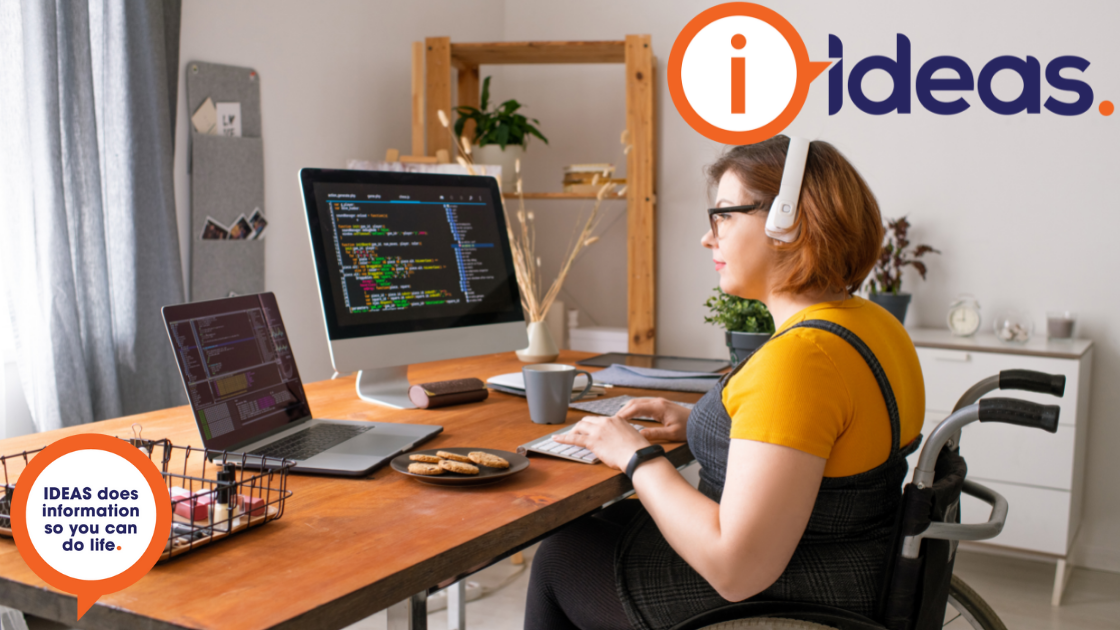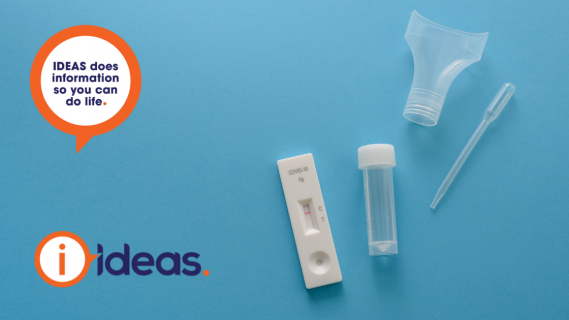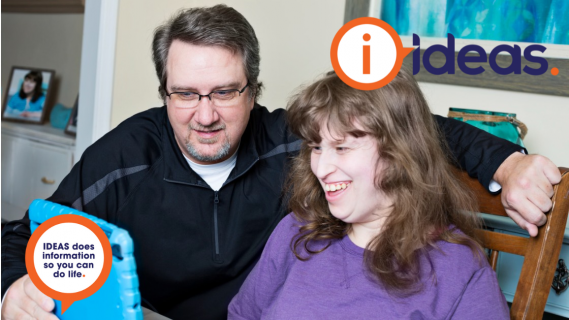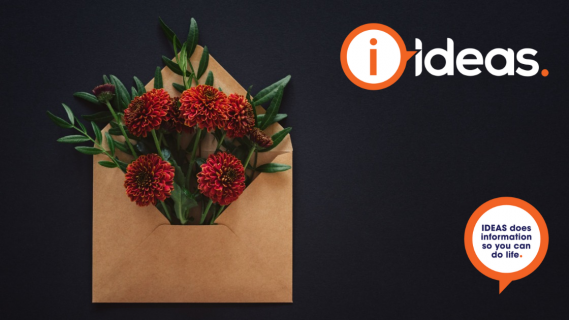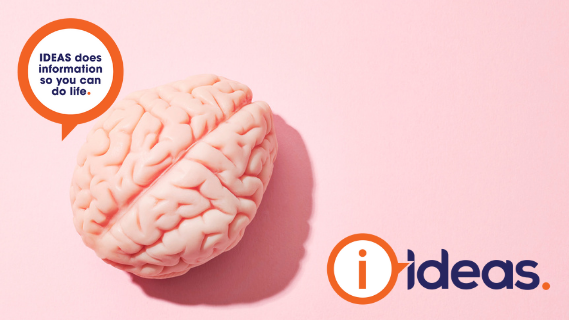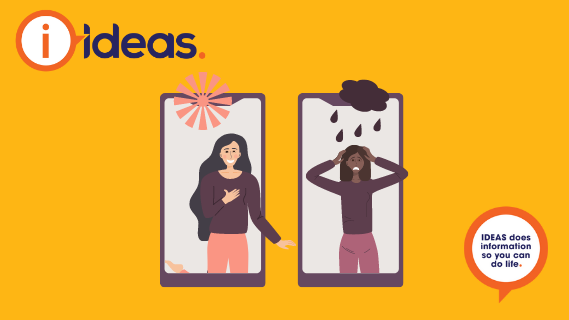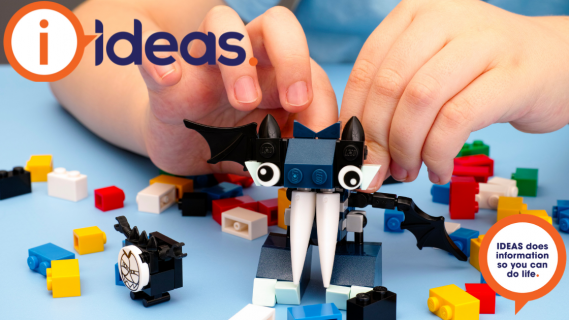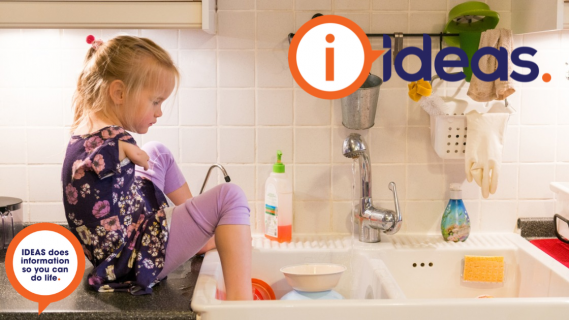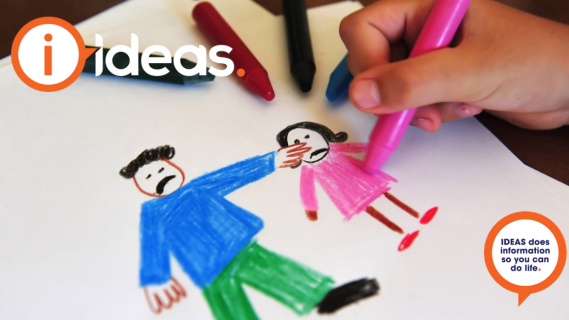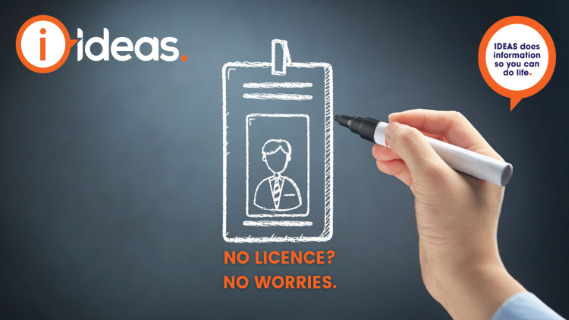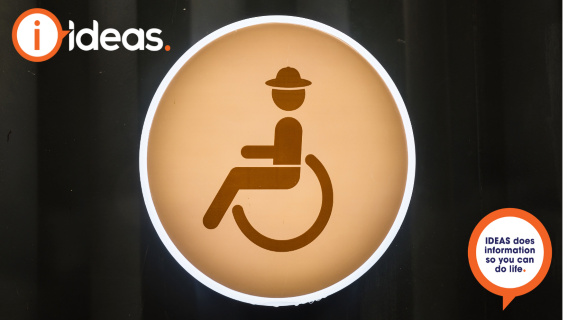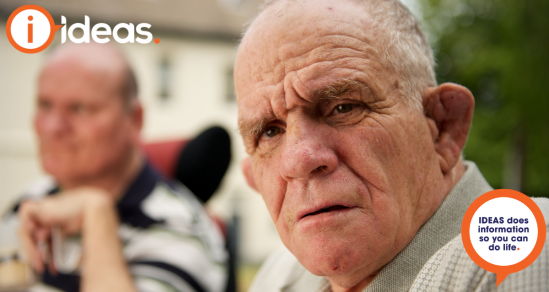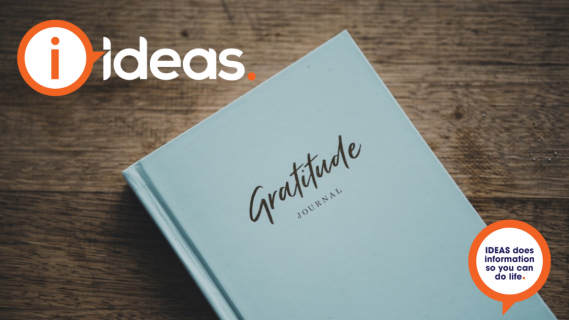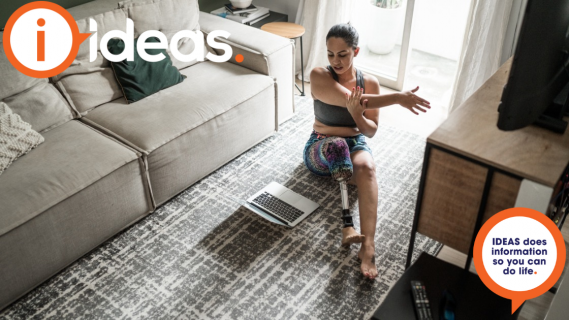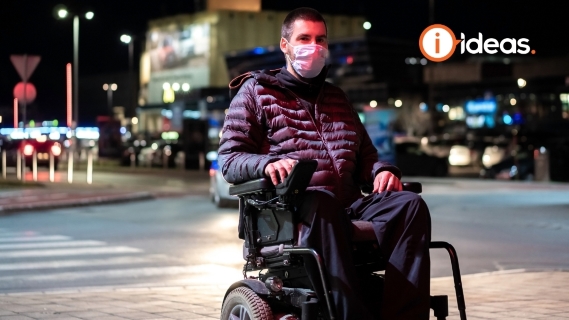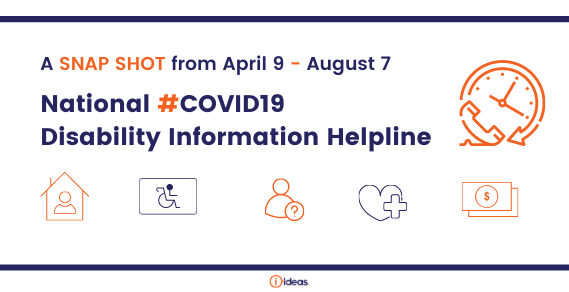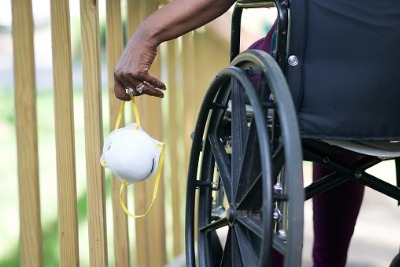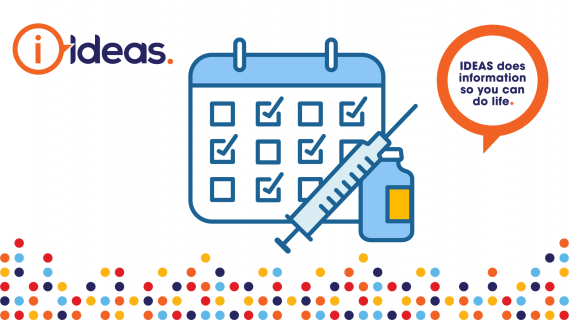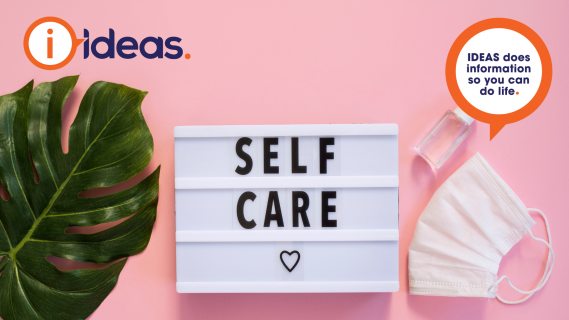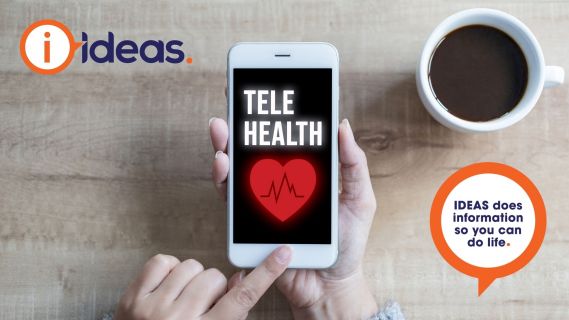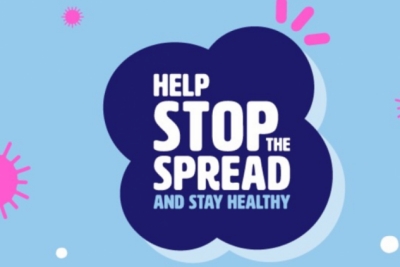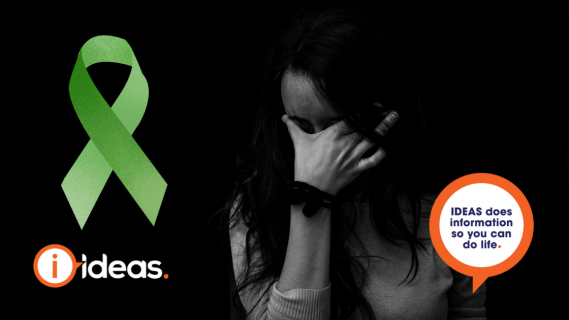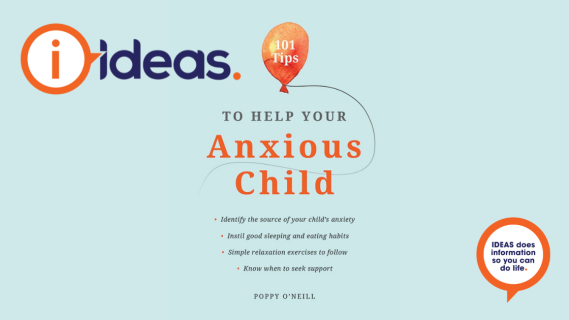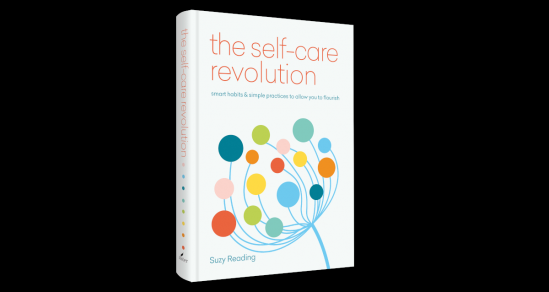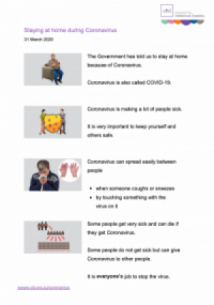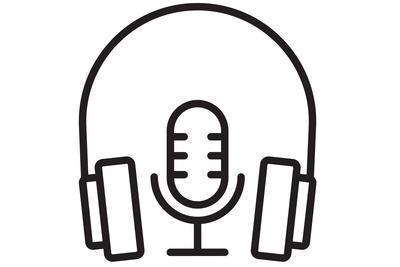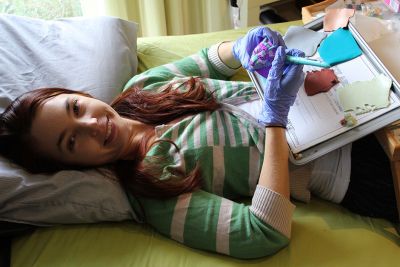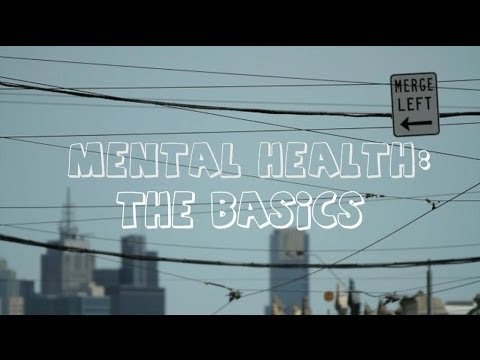We can all benefit from a few kind reminders about the balance of working from home during times of uncertainty. A balanced diet, regular exercise and sleeping well are essential for a good equilibrium for your head, heart, and body. It can be easy to fall into not-so-good routines and sometimes forget to find joy in little moments. We write about practices that are good and wholesome for quality of life when you work from home.
Eat Well
We are sure you know this, so as a reminder, nourish your body with brain food. If you would like to learn more about what healthy eating looks like, read our blog about food and exercise.
Recognise your body clock
Plan to do activities that require the most concentration when you are most alert. You can plan your rest breaks around your lulls. Permit yourself to take breaks when your attention fades.
A word on wardrobe
What you wear affects your mental state. Get dressed properly. If your ordinary wardrobe is WAY too over the top for home, or requires special laundering, dress down by about 10%. On the opposite scale, don’t be tricked into working in your PJ’s.
Follow Routine
Rhythm and regularity are still important. Set your space to rights. For example, make beds, tidy kitchens, so you will not be distracted. Then prime your mind and body to move into “work mode”.
At the workday's end, set boundaries and have a ritual as you switch from work to home mode. For example, you might light a candle, unwind with a hot chocolate, or switch to workout wear and jog or stretch the workday away.
Prioritise tasks
Still as important as when you are in the office. Distractions can take you off task, so keep a record of your high and low priorities or your must do's each day. This frees up brain space for better things.
Organise your workspace
The way you sit, your space, even lighting can induce stress on your body. If you are working from the sofa or with the laptop on your lap, try and create a better environment to work effectively in. If possible, designate one area for work and close the door on it. Create a divide and boundaries where you can. Look after your body.

A word on Multi-tasking
It can be draining when you feel you have to be “present” and all over the office chatroom to look like you are at work. If you are an introvert or struggle with multi-tasking, block out “focus time” and turn off the notifications.
Manage the temperature
An environment that is too hot will make you drowsy and slow your mind. Too cold, and you become distracted and make more errors and are less productive. This is because your body diverts energy to keep warm rather than concentrating.
The optimal temperature is suggested to be 21 or 22 degrees.
Manage sound and distractions
A noisy environment can be tiring. On the other extreme, an overly quiet environment can exacerbate loneliness. If you cannot control the environmental noise around you, noise-cancelling headphones can work well. Add a little background music or podcast for white noise if the quiet is too much. Avoid the TV as white noise as it can be too distracting.
Kid wrangling
This can be the trickiest part, so go gently, be patient, and plan for quiet times as well as the loud and messy stuff. There is no perfect strategy. This is a learning curve for all. Set boundaries around healthy screen time, age and understanding appropriate rules for when you are in zoom meetings, and if you have another adult in the home, share the hands-on time. If you are stuck for boredom busters, we have plenty in our blogs on What to do in isolation in the school holidays, and Tips to get you through Isolation. If you need assistance with monitoring younger children with school work, Facetime calls with grandparents are an opportunity to read to the grandparents, or grandparents can monitor some school lessons, taking the pressure off you.
Time-out Tactics
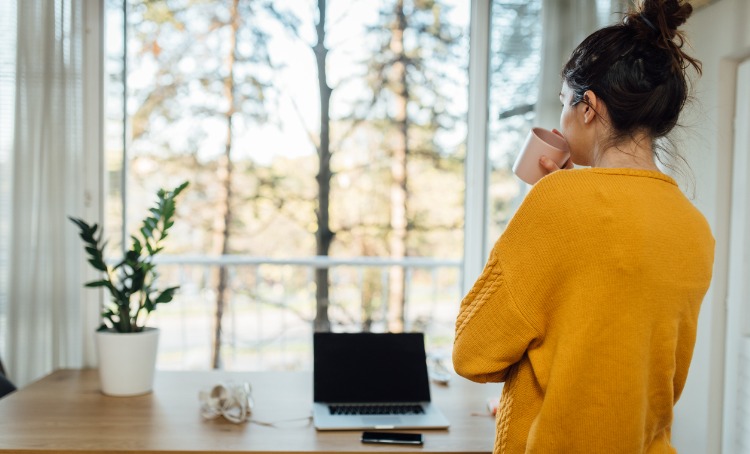
Take regular breaks
It is recommended you get up from your desk every hour. It can be easy to get into a habit of “I’ll just work a little longer”, “I’ll just finish this job first”, or “I’ll just eat my lunch at my desk”, and then the day is done, and you haven’t moved.
Stretch, move your body. A dose of fresh air is good if you can go outside. Infuse movement into breaks too.
Give your eyes a break too from looking at a screen. Instead, look out the window at passing clouds occasionally.
If you are constantly typing, take a hand cream break and gently massage cream into your fingers and knuckles.
Take a longer break if you need it, or splitting it into smaller breaks throughout the day might work better for you. Just keep your boss or collaborating colleagues up to date.
Gratitude journals
Journals are a way to focus on the positive when things get tough. A 5-minute journal technique can help. It trains your mind to focus on the good. Start your day with practices that support gratitude and bring awareness to intentional actions that enhance your life and connection to it. It conditions your brain to become positive focused and ensure you begin each day with purpose.
At night you reflect on the good and how you can improve for tomorrow. Read more
Check on your colleagues
If you have ever worked at home or remotely for a significant length of time, it can be easy to miss things like watercooler conversations or lunchtime chats. Check-in on your colleagues. Quick chats are good for mental health, too, especially for those who live on their own. Maintain connections with colleagues. Virtual coffee IS a thing. Ask about what they are reading, cooking, trying, watching… not just the work stuff.

Limit screen time
It can be an easy rut to fall into more screen time. Avoid it as much as you can. Set a limit if you need to. Choose wisely when you are spending time online. Digital detox in the evenings is wise.
Apps
Calm app Happy feedGreat books for tough times
Like a wholesome hug, these books are not too heavy if you need a little healthy distraction.
The Little Book of Hygge – by Meik Wiking, the CEO of the happiness research institute in Copenhagen. Explores the concept of Hygge - comfort, warmth to togetherness.
Ikigai – The Japanese secret to a long and happy life
The Art of Coorie by Gabriella Bennet sums up the Scottish version of Hygge.
Penguin Bloom - The odd little bird who saved a family.
The little book of self-care – Suzy Reading also Stand Tall Like a Mountain: Mindfulness and Self-Care for Anxious Children and Worried Parents.
Care - Brooke McAlary - explores what it means to care in smaller ways - for ourselves, our loved ones and our communities - and discovers that caring doesn't need to cost us our wellbeing, happiness or relationships. That making simple changes to how we live, spending more time in nature, putting down our devices and connecting with each other face-to-face, finding awe and wonder in the world around us and remembering how to play, will have ripple effects that reach far beyond our own corner of the planet.
Spaces for Help
If you are struggling, confused and frustrated, these are normal feelings. Reach out for help. You can also learn about Mental Health Plans.
Some options for support
- Mindspot
- Black dog
- This way up
- Jean Hailes - Self Care Tips
- Jean Hailes - Relaxation
- Your employer has an Employee Assistance Program or EAP, then that can be a resource you can tap into.
- Your child's school will have counsellors and other support staff such as chaplains available for your children. Children will also be experiencing big feelings at times like this. Remember to give them supports too.
- Your GP or doctor can also refer you to support services.
- Social networks like friends and family are important too as informal supports.
Hope for tomorrow
In her book Anne of Green Gables, Lucy Maud Montgomery put it beautifully.
"Isn't it nice to think that tomorrow is a new day with no mistakes in it yet?"

